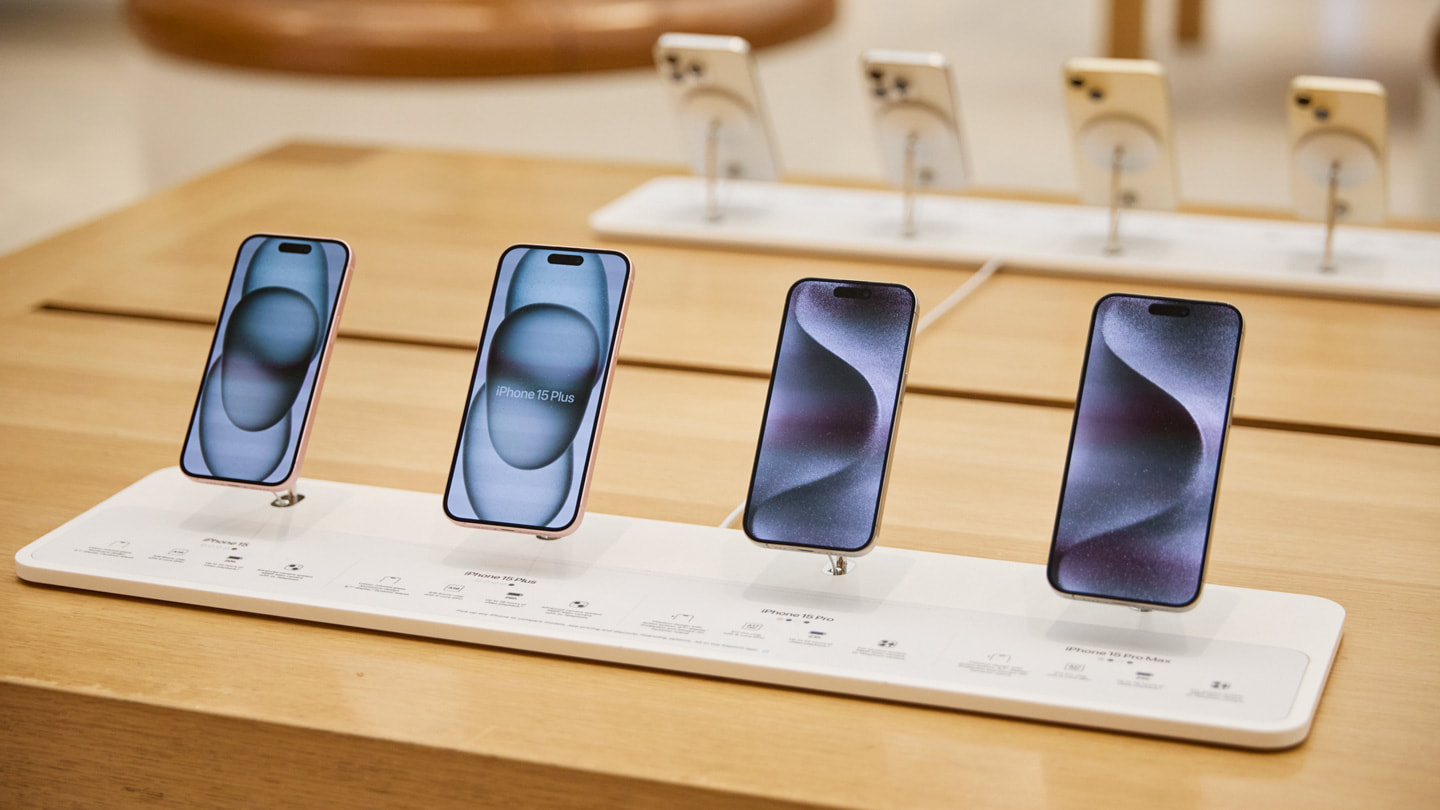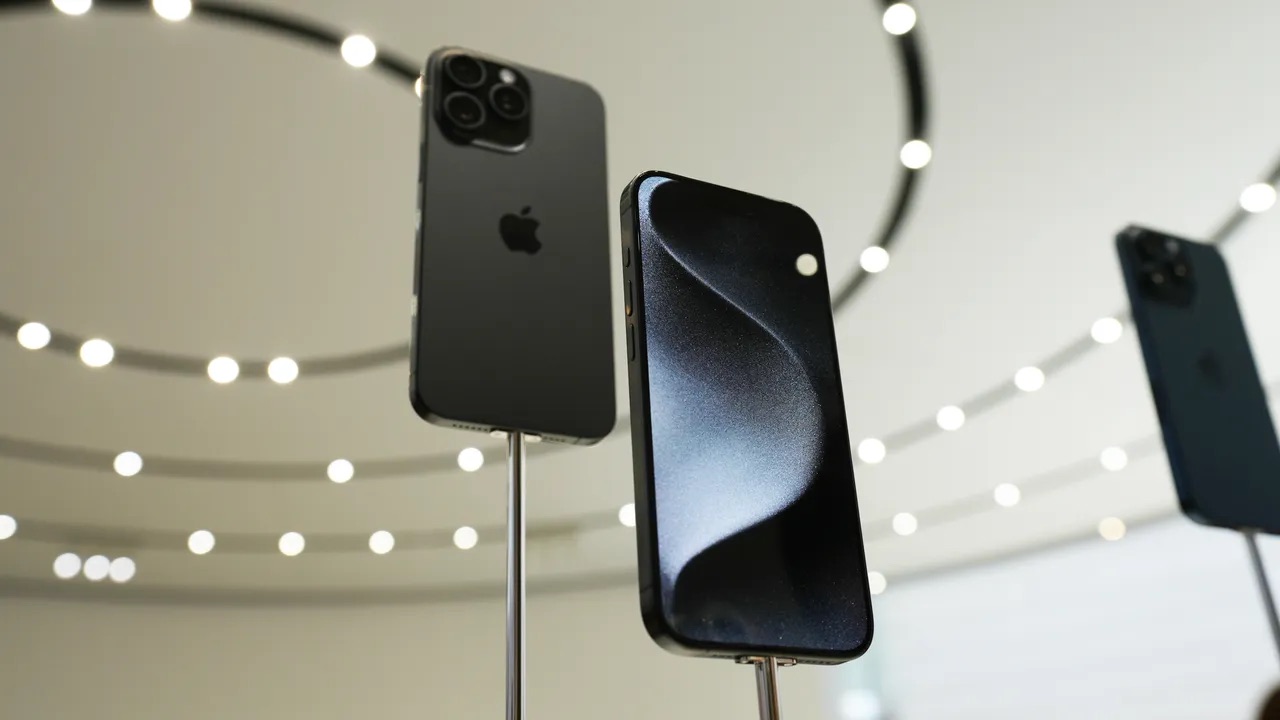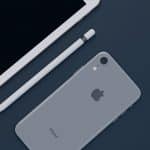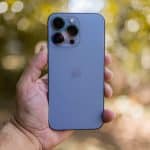iPhone has various software, hardware, and chip-level implementations that keep cyberattacks, intruders, and other malicious actors away. And because iOS proved to be more secure than Android, it has become a preferred option for many people.
For Apple, security is a key factor in all its platforms. This is why Apple has designed security architectures that meet the safety requirements of laptops, mobiles, watches or other home devices. Each Apple device combines software, hardware and services created to work together for a transparent user experience and maximum security, with a common goal: keeping personal information safe.
Here are all the features that make an iPhone the most secure smartphone.
Increased Control Over Software & Hardware
An Android smartphone has components that are supplied by different organizations. Although it is not a huge drawback, it can reduce security. Instead, Apple has better control over the hardware as it sources it only from authorized manufacturers. Plus, Apple has also started to create in-house hardware, and the M-series chipsets are the perfect example of this. iOS is an operating system that works great with all the other components of a mobile and the hardware as well. Because Apple keeps chip-level controls, it allows it to manage the security better.
This is why Apple has a stronger defense against any malicious actor who wants to threaten its security. The tight control is a bonus for Apple, and because all its components work perfectly in an ecosystem, it makes iPhones a preferred option for numerous individuals.

More Patches
The security on Android is made with the help of too many players, including the OEMs, Google and other carriers who gather information on threats, bugs, and vulnerabilities to improve the issues. Instead, the iOS updates are distributed only by Apple, which updates with more patches when vulnerabilities are discovered. The patches of the iPhone are released for almost every mobile model to ensure that each user benefits from improved protection.
Still, even if the iPhone has better protection, you must pay attention to the websites you buy online. This is important because if a company to whom you entrusted your personal details hasn’t adopted the best measures to protect customer’s information, all this data can be leaked and you can become a victim of a data breach. According to https://www.databreachcompensationexpert.co.uk, you can claim compensation if a company didn’t protect your personal details. However, you still need to be careful, as a data breach will affect you both financially and mentally.
Fortified Marketplace
Usually, and in an ideal situation, an app developer will submit their app to Google to ensure it goes under malware checks and security implementation. Although Google conducts checks to remove malware-riddled apps, iOS takes everything a step further. For example, Apple has stringent policies on the apps that can be downloaded from the marketplace. This is why all the developers must abide by the same, or an app will be rejected. This vetting process prevents ill-riddles or malware apps from appearing in the Apps Store so that users will not get to download it.
It Represents a Small Target to Hit
Another factor that can attract more cyberattacks is the market share. This happens because hackers, virus writers and other cybercriminals want to attack a very widely used platform. So, the most attacked system on desktops is Windows, while on smartphones, Android is the number one target for criminals and hackers. Even if Android would provide the best security worldwide (which we all agree it doesn’t), it would still be impossible for Google and all the other partners to fight every virus, close all security holes and stop any digital scam while meeting customer expectations. That happens when you have a huge and widely used platform.
Market share is a fantastic thing to have, except when we take security into account. If we are talking in terms of security, being a smaller target is best.

Sandboxing
If you are not a programmer, this feature can sound quite challenging for you, but it is an important measure for the security of Apple. Apple and Google have different operating systems, which you should consider if you are looking for a new smartphone.
Apple uses an operating system called sandboxing, which means that each app runs in its own space, aka a sandbox, where it can do a lot of things. Still, it can’t interact with the other apps or the entire operating system beyond a certain threshold. This brings plenty of advantages to the security of an iPhone, as even if an app has a virus or malicious code, the attack can’t do more damage to the other parts, as it can’t get outside of the sandbox.
On the other hand, Android was designed by Google for maximum flexibility and openness. It offers many benefits to developers and users because of this fact, but it also makes it more open to attacks. This fact has also been highlighted by the head of Google’s Android team.
A Secure Enclave for Biometrics
Apple has a secure enclave for biometrics, where the fingerprint and facial biometrics data is stored in an encrypted manner. Because it doesn’t grant read access to each process, it ensures that each data is secured. This is why, when a user provides their facial or fingerprint recognition, the data goes through the Smart Enclave, which analyzes whether it is valid. The user is granted access only if the stimuli are valid.
Moreover, the facial recognition on the iPhone is superior to the one from Android. This is because Android devices still implement measures, while Apple upgraded its facial recognition tech long ago.

Security is not the first thing we look for when we search for a new phone. We care more about the price, ease of use, apps, and design, which is not the best idea. Nowadays, people have massive amounts of personal data on their smartphones, so security has become more important than ever before.
With this in mind, if you care about keeping your personal details personal and having a secure phone, there is only one option: iPhone.










